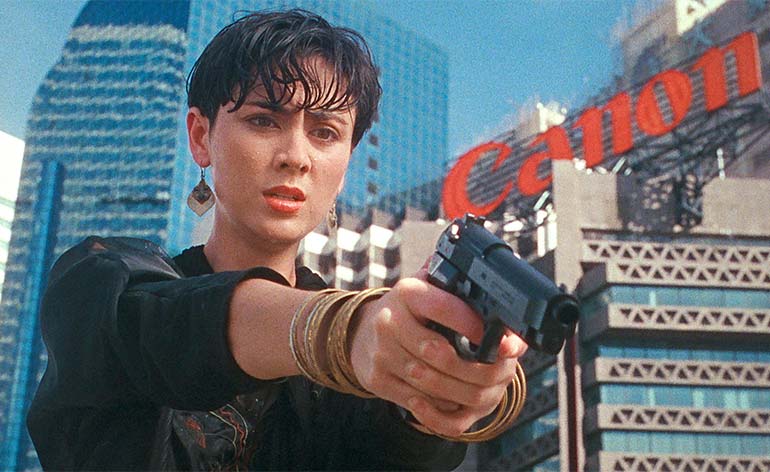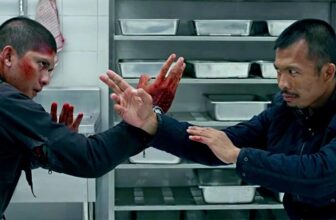
The Ultimate Fighting Championship (UFC) is the world’s premier mixed martial arts organization, showcasing elite fighters across various disciplines like boxing, wrestling, jiu-jitsu, Muay Thai, karate and more.
While physical prowess is critical for success in the UFC Octagon, the mental game is just as vital. The philosophy and psychology fighters bring into competition can make or break their performances and careers. UFC fight odds provide insights into which competitors are favored to win their bouts.
Adopting a Growth Mindset
Many top UFC athletes exemplify a “growth mindset” – the belief that abilities and intelligence can be developed through dedication and hard work. This contrasts with a “fixed mindset,” where people believe their talents are innate and unchangeable.
UFC champions like Georges St-Pierre, Jon Jones, and Amanda Nunes display a growth mentality in the way they evolve their skills over time, constantly learning and improving. This mindset allows them to rebound after losses and continue progressing.
Growth mindset oriented athletes don’t let setbacks shake their self-belief. They remain resilient through challenges, while fixed mindset competitors may crumble at the first sign of failure. Of course, natural talent provides an advantage, but the most successful UFC fighters couple their gifts with an openness to learn.
Managing Nerves and Anxiety
The pressure of fight night can overwhelm even the most experienced competitor. Many UFC warriors have their own methods for harnessing pre-fight jitters and turning anxiety into an asset rather than a liability.
Deep breathing, visualization, and positive self-talk are standard techniques. Some athletes use meditation to find their calm before the storm. Others follow elaborate pre-fight rituals to get into their peak mental zone. Confidence and self-belief are critical under the bright lights of the UFC stage.
Veteran UFC bantamweight Urijah Faber once said, “Nerves are good. The day I’m not nervous is the day I should stop fighting.” He explained that nerves generate adrenaline, which sharpen focus and reactions. The key is channeling that energy effectively rather than letting it descend into fear or panic.
Adopting a Spiritual Philosophy
Some UFC stars draw strength from a higher power in their quest for success. Fighters like Justin Gaethje, Robert Whittaker, and Khabib Nurmagomedov are deeply guided by their religious faith.
Nurmagomedov, in particular, utilized his Muslim beliefs as a source of courage and discipline throughout his undefeated UFC career. He attributed many of his accomplishments to the will of God. Other athletes rely on Buddhist teachings like mindfulness to stay centered under pressure.
There are also less conventional philosophies at play in the UFC landscape. Tony Ferguson practices Wing Chun Kung Fu and includes nunchaku training as part of his unorthodox regimen. Embracing what gives their life meaning outside the Octagon grants many fighters an edge on fight night.
The Art of Mental Warfare
Trash talk and bravado are common ploys for some UFC combatants to gain a psychological edge on their opponents. Figures like Conor McGregor, Chael Sonnen, and Colby Covington have crafted outlandish personas in pursuit of mental dominance. Their brash antics can frustrate and fluster rivals.
Of course, this approach doesn’t work on everybody. Fighters like Nurmagomedov and Whittaker typically remain stoic in the face of these mind games. Their impenetrable poise and discipline neutralize any potential mental advantage their foes seek.
In the end, achieving optimal psychology for competition requires self-awareness. UFC stars need to know what mentality brings out their best performance, whether that’s embracing bravado or blocking out all distractions. There is no one-size-fits-all mental formula for success.
Crafting Optimal Fight Night Psychology
Each UFC athlete has developed their own philosophy for peak performance under the bright lights. Common themes include:
- Maintaining supreme confidence in preparation and execution
- Blocking out external praise or criticism
- Staying resilient through adversity
- Embracing nerves and anxiety as fuel for battle
- Drawing strength from spiritual beliefs or life purpose
- Imposing their will and mentality onto opponents
The mindset that each fighter carries into the Octagon can elevate their game or contribute to their downfall. Victory goes to those who master the art of psychology in the UFC cauldron.






